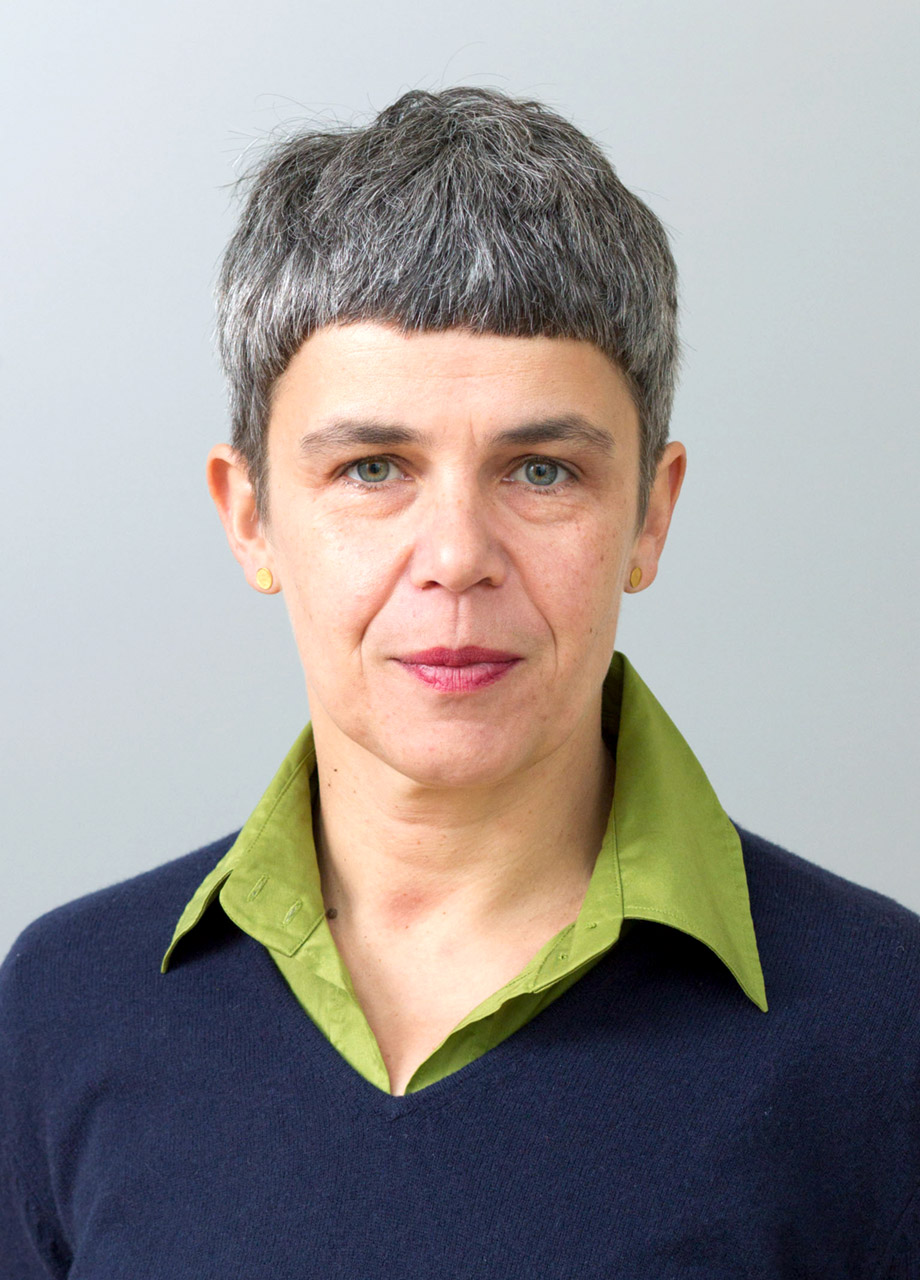Newsletter
Don't miss a thing!
We regularly provide you with the most important news, articles, topics, projects and ideas for One World – No Hunger.
Newsletter
Don't miss a thing!
We regularly provide you with the most important news, articles, topics, projects and ideas for One World – No Hunger.
Please also refer to our data protection declaration.

Dr. Annette Weber is Senior Fellow in the Middle East and Africa Research Division of the German Institute for International and Security Studies (SWP) in Berlin. Her regional expertise is in the Horn of Africa, she works on conflict analysis, fragile states, non-state-actors and state building as well as Jihadist groups in Africa. Her current focus is mainly on the situation in Sudan, South Sudan and Somalia. She is involved in the mediation effort of the national Dialogue between government and armed and unarmed opposition in Sudan. As a senior advisor for the Centre for Humanitarian Dialogue she is advising on conflict resolutions throughout the Horn of Africa.
Dr. Weber had a two year residency in Ethiopia 2010-2012 with in depth research in the Horn of Africa. From 2012 she was head of department at SWP. She writes extensively and advises the Bundestag and the German administration on these issues. Previously she worked as a coordinator for the Ecumenical Network on Central Africa mainly on the Democratic Republic of Congo, Rwanda and Burundi. Annette Weber was researcher with amnesty international in London for Sudan and worked as a consultant for Human Rights Watch and amnesty international on Sudan and Uganda. She received her PhD from the Free University Berlin and teaches at several Universities on international relations and peace and conflict resolution.